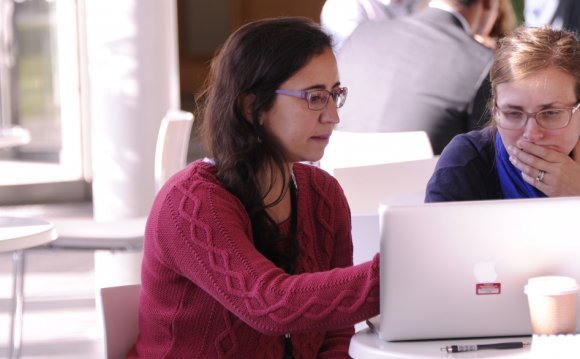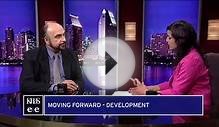
 Stick or twist is the name of this game. Stick with pouring all my energy and attention into publications, grants and job applications in the hope that I can extend my academic career, and eventually find a permanent position. Or give up and make a serious and sustained attempt at redirecting my working life.
Stick or twist is the name of this game. Stick with pouring all my energy and attention into publications, grants and job applications in the hope that I can extend my academic career, and eventually find a permanent position. Or give up and make a serious and sustained attempt at redirecting my working life.
We all try and hedge our bets of course, but let's be honest – given the scarcity of positions in both academia and the wider job market it is very difficult. To continue conducting and publishing research, especially once cut off from the material and digital resources which come with academic affiliation, is no easy matter and requires a heavy investment of time.
Academic grant and job applications can be long-winded affairs; a grant I recently applied for came with a nonsensically long 55 page guide for candidates, and took weeks to complete (with a success rate of 15%). On the other hand changing career direction is no easy matter for a specialist (my own field is history), especially since speculative applications are not an effective strategy in the current climate.
I've tried reformatting my CV, but even after I remove my conference papers, publications, awards and prizes, I still have three degrees and a teaching qualification, and my last six jobs are in research and teaching. If I want to seriously look for work in another field it would require substantial effort to redirect my profile, as well as accepting that many of my hard earned skills and achievements are irrelevant outside academia, and may even intimidate prospective employers.
I have previously interviewed for professional roles outside the university, and continue to apply for jobs where my skills are transferable. However, after more than a decade of building a professional life and identity as a scholar it is hard to portray myself as someone or something else. Also, for all the difficulty of getting a permanent academic position, it would still pay significantly better than most other roles for which I'm qualified.
In a period of increased competition for jobs, an erosion of full-time contracts and conditions, and reduced funding opportunities, my situation is not unusual. For those working in arts and humanities it is no longer enough to have a PhD, extensive teaching experience and numerous peer reviewed publications; what is required nowadays to attract an interview for a permanent job, is a book, or at the very least a book contract.
Postdoctoral positions are also wildly competitive. I recall being rejected for a postdoc and being told it had had more than 300 applicants. It is in the interests of neither university departments or funding bodies to make clear to PhD candidates the harshness of the prospects and demands faced by recent postdocs, nor the gross oversupply of graduates for the jobs available in arts and humanities fields.
After my own PhD, I was unemployed for more than a year. I ended up living in my mother's spare room and took part-time teaching work in another city, for which I earned less than jobseekers allowance, in a desperate attempt to keep myself in the academic job market.
And yet, I found work as a postdoctoral fellow, editing and researching a critical edition, and the year that followed has been the happiest of my career. I have developed my skills as a scholar, and dare I say, my intellect too. The research for the project has been fascinating, as have the research for my own publications and papers, which I have finally had the resources and stimulation to pursue properly. And yet, after a one year contract and a six month extension here I am again.
I have been "doing all the right things" say my supportive family and friends. Writing applications, picking myself up after rejections, submitting book proposals, revising an article for a major journal, publishing smaller pieces, giving conference papers, networking as much as possible. Day to day I ride a queasy emotional rollercoaster of hope, worry and disappointment. You only need to get lucky once, I tell myself.
I am now 32, and graduated from my first degree nearly 11 years ago. How long will it take to find another position? Will I ever gain a permanent job and some stability, both financially and in my personal life? Is the satisfaction of working in a field which I love, and find endlessly fascinating, worth the attendant pressures and incessant uncertainty? Ultimately, can I face the realities of my chosen career?
The authors name has been withheld to allow them freedom to comment upon the challenges faced by early career researchers, without damaging their own job prospects
This content is brought to you by
YOU MIGHT ALSO LIKE












